
Triple-Negative Breast Cancer
Latest News

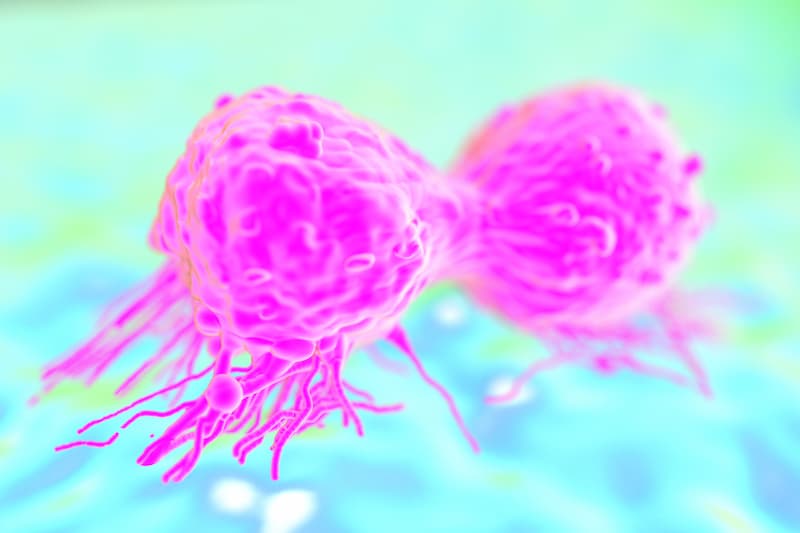
Similar Clinical Benefit Noted With Durvalumab/Chemo With or Without Oleclumab in Advanced TNBC
Latest Videos
CME Content
More News
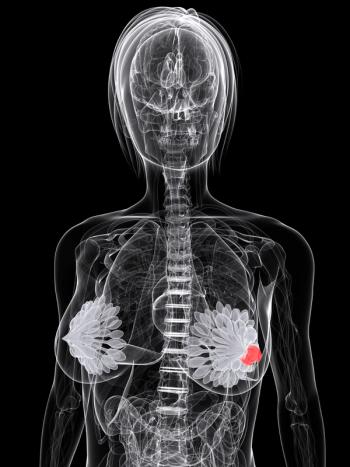
Axillary ultrasound and biopsy appear to be an effective strategy to identify nodal disease in patients with early-stage triple-negative breast cancer.

The study from Cancer Discovery examined a 3-case autopsy series, finding associations between TROP2 absence and limited clinical responses to sacituzumab govitecan for patients with metastatic triple-negative breast cancer.

Circulating tumor DNA should be utilized early to help detect relapse in patients with triple-negative breast cancer.
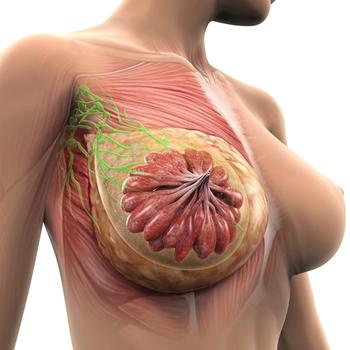
Patients with early triple-negative breast cancer across prespecified subgroups who were given neoadjuvant pembrolizumab plus chemotherapy followed by adjuvant single-agent pembrolizumab in a phase 3 trial saw an improvement in event-free survival.

Positive response data were seen when patients with advanced or metastatic triple-negative breast cancer were treated with datopotamab deruxtecan.

Patients with previously untreated, locally recurrent, inoperable, or metastatic triple-negative breast cancer derived a statistically significant survival benefit following treatment with pembrolizumab and chemotherapy.
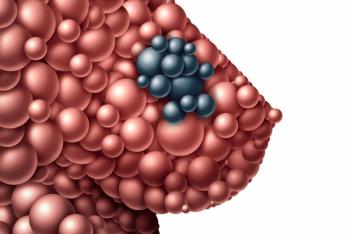
Imaging mass cytometry at the single-cell level showed potential as an immunotherapy response prediction tool in early triple-negative breast cancer.

Although the addition of carboplatin to neoadjuvant paclitaxel followed by cyclophosphamide helped to improve outcomes for those with treatment-naïve triple-negative breast cancer, the addition of veliparib did not have an impact on pathologic complete response or event-free survival.

Atezolizumab will no longer be available for the treatment of patients with PD-L1–positive triple-negative breast cancer following withdrawal of the indication by the agent’s developer.

Leronlimab yielded a notable increase in overall survival and progression-free survival in patients with metastatic triple-negative breast cancer.

Novel eganelisib shows survival-extending potential in patients with triple-negative breast and bladder cancers.

Based on results of the KEYNOTE-522 trial, the FDA approved pembrolizumab, the first immunotherapy for this indication, plus chemotherapy as neoadjuvant treatment for patients with early-stage triple-negative breast cancer.

Patients with metastatic triple-negative breast cancer being treated with leronlimab and carboplatin have experienced a decrease in cancer-associated macrophage-like cells and an increase in survival benefit.

Pembrolizumab plus chemotherapy as adjuvant/neoadjuvant therapy demonstrated positive even-free survival outcomes in the KEYNOTE-522 study for patients with triple-negative breast cancer.

Patients with metastatic TNBC treated with sacituzumab govitecan maintained an efficacy benefit compared with physician's choice chemotherapy.

Phase 2 results presented during the 2021 ASCO Annual Meeting suggest durvalumab plus chemotherapy as neoadjuvant therapy for triple-negative breast cancer may be beneficial in certain patients.

Black women with triple-negative breast cancer may have worse survival outcomes compared with White women, even after adjusting for external factors.
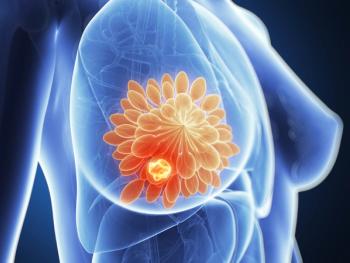
Pembrolizumab plus chemotherapy as neoadjuvant therapy followed by adjuvant monotherapy in patients with early triple-negative breast cancer was superior in terms of event-free survival versus matched placebo.

The TROP2-directed antibody-drug conjugate datopotamab deruxtecan induced responses and an acceptable safety profile in a cohort of patients with triple-negative breast cancer treated on a phase 1 trial.

The FDA’s Oncologic Drugs Advisory Committee voted 7 to 2 in favor of atezolizumab plus nab-paclitaxel maintaining its accelerated approval to treat patients with unresectable, locally advanced or metastatic triple-negative breast cancer (TNBC) whose tumors express PD-L1.

The FDA’s Oncologic Drugs Advisory Committee voted in favor of waiting for additional event-free survival data to become available before making a regulatory decision regarding a biologics license application for pembrolizumab in early triple-negative breast cancer.

Adam Brufsky, MD, PhD, presented data investigating immunotherapeutic options in the neoadjuvant setting for patients with triple-negative breast cancer.
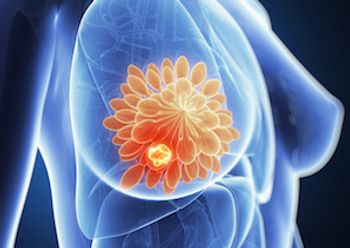
The analysis of the KEYNOTE-119 study presented at the Miami Breast Cancer Conference, hosted by Physicians’ Education Resource®, LLC®, found trends estimating a significant role for tumor cell expression in PD-L1 as a predictive biomarker for pembrolizumab efficacy.

Among women with early-stage triple-negative breast cancer who received standard adjuvant treatment, low-dose capecitabine maintenance therapy for 1 year resulted in significantly improved disease-free survival rates compared with observation.
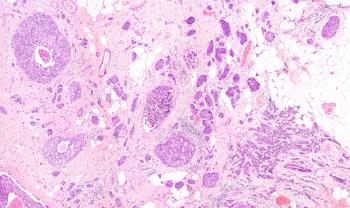
Neoadjuvant atezolizumab added to nab-paclitaxel followed by doxorubicin plus cyclophosphamide improved pathologic complete responses compared with placebo plus chemotherapy in patients with early triple-negative breast cancer without adding additional treatment burden.




































